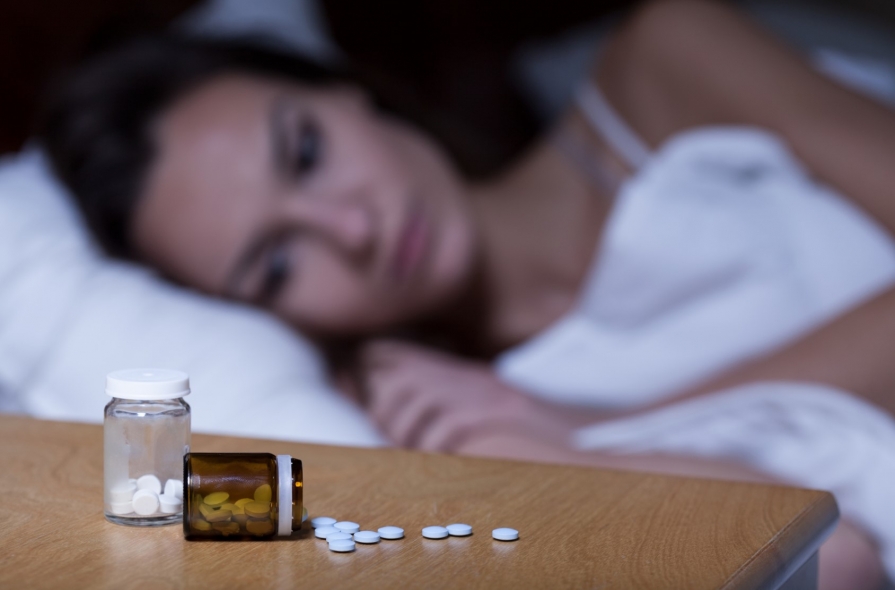Do Sleep Supplements Really Work?

Supplements for Sleeping: Do Sleep Supplements Work
We’ve all seen those advertisements for sleep supplements that guarantee amazing sleep with just a few pills per day. It sounds too good to be true, but is it? In this article, we’ll dissect the murky science of sleep supplements, and let you know what works and how to really get better sleep.
What are Sleep Supplements?
Sleep supplements are herbal in nature and are derived from plants or plant products. Some common sleep supplements include melatonin, valerian, tryptophan, GABA, catnip, passion flower, skullcap, and CBD for sleep. These are typically used as a substitute for prescription sleep aids and are taken orally in a tea or through a supplement capsule. There are some people who swear by these herbal supplements to help them fall asleep, but what does the research say?
Do They Really Work?
The problem with sleep supplements is that while they are regulated by the Food and Drug Administration (FDA), the requirements for dietary supplements are far less strenuous than those of medications or food. So the supplements don’t have to prove that they are safe and effective in the same way that medications do. This can lead to less research and some questionable results regarding dietary supplements. According to a study published in the Journal of Clinical Sleep Medicine, “rigorous scientific data supporting a beneficial effect were not found for the majority of herbal supplements, dietary changes, and other nutritional supplements popularly used for treating insomnia symptoms.” On the other hand, the National Center for Complementary and Integrative Health found that melatonin as a supplement did prove to help some people with certain sleep disorders and our melatonin circadian rhythm is closely connected with regular sleep patterns.
Proven Ways to Improve Sleep
The jury is still out on supplements, but there are several proven ways to get better sleep that don’t require you to ingest anything special. Maintaining good sleep hygiene, creating an atmosphere ideal for sleep with essential oils,
plugging in a white noise machine or any sleep aid devices, and lowering life stresses are all great ways to get better rest.
Ultimately the decision is yours, but you should always talk to your healthcare provider before starting any supplements. Your safety and overall health is the top priority, so make sure you have all the facts before starting a new regiment.
“Oral Nonprescription Treatment for Insomnia: an Evaluation of Products with Limited Evidence”. Journal of Clinical Sleep Medicine. europepmc.org/abstract/MED/17561634.
“Melatonin: In Depth”. National Center for Complementary and Integrative Health. nccih.nih.gov/health/melatonin.